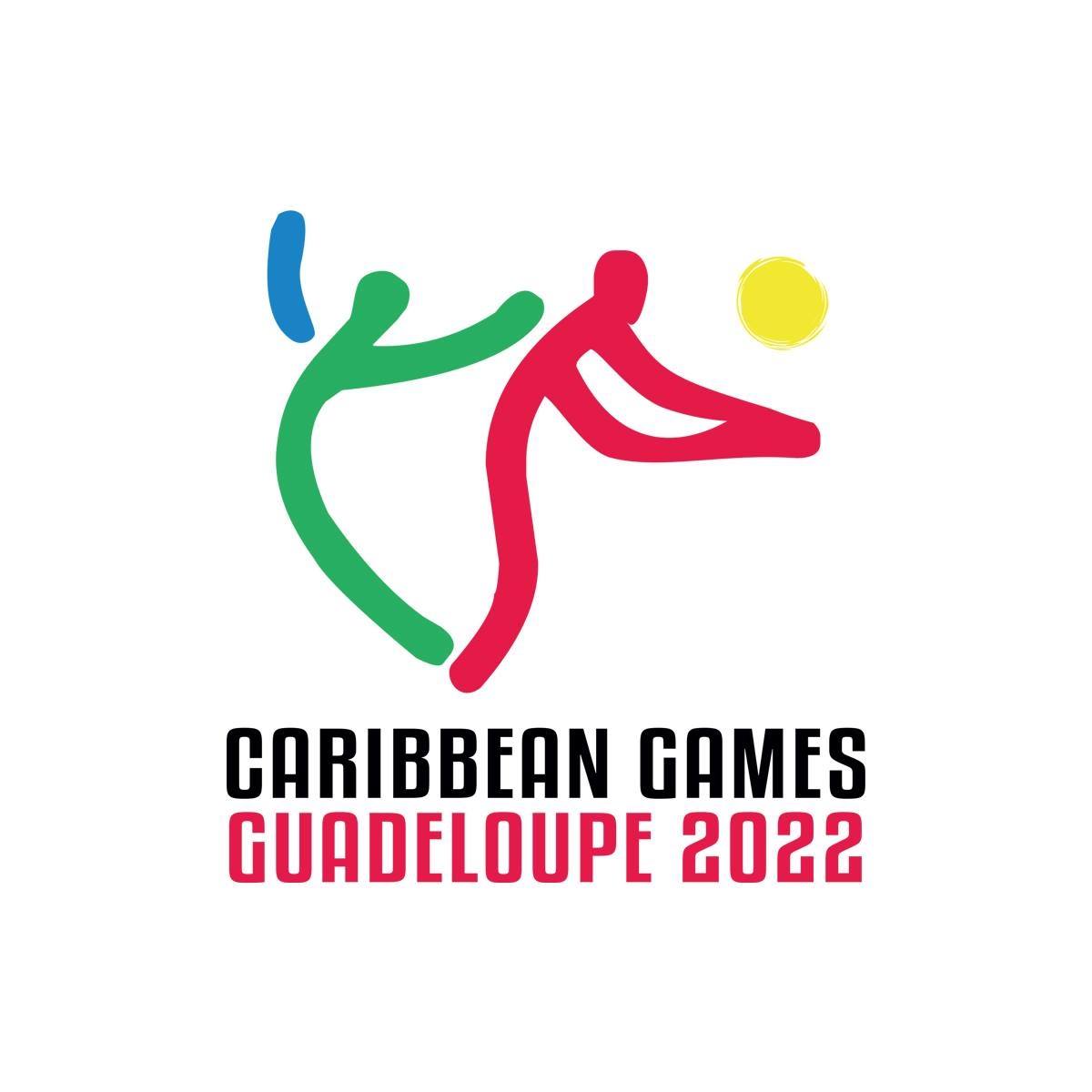The French Anti-Doping Agency (AFLD) is the authority responsible for the anti-doping program of the Caribbean Games, the first edition of which will bring together nearly 800 athletes in Guadeloupe from June 29 to July 3. Seven testers have been deployed to carry out around 100 tests during the competitions. Several anti-doping educators will also be present in order to perpetuate the legacy of the Games in terms of prevention.
The first Caribbean Games will begin in Guadeloupe this Wednesday and end next Sunday. The event will see nearly 800 athletes from 29 Caribbean countries compete across 7 sports: athletics, basketball 3×3, futsal, cycling, judo, swimming and netball.
A sporting event of this magnitude must be accompanied by a robust anti-doping program that complies with international requirements. This is the task of the French Anti-Doping Agency (AFLD), which was able to count on the close cooperation of the Caribbean Regional Anti-Doping Organization (RADO) for this first edition.
As Dominique Laurent, President of the Agency, points out, “Hosting a sports competition such as the Caribbean Games is a wonderful opportunity to promote the values of clean sports. Athletic performance that thrills the public is only beautiful if it is fair. It is our duty to set an example for young athletes!”.
Around 100 tests scheduled
The Agency’s participation was made official in a memorandum of cooperation signed with the Organizing Committee of the Caribbean Games. Within this framework, the French Anti-Doping Agency will be responsible for conducting doping tests during the competitions. Seven certified testers will be deployed for the duration of the Games to carry out around one hundred unannounced tests. The tests will be targeted on the basis of a risk assessment and a protocol validated by the World Anti-Doping Agency.
The samples will be analyzed at the French anti-doping laboratory in Châtenay-Malabry, which is one of only around 30 accredited laboratories in the world.
Trained and certified anti-doping educators
Several anti-doping educators, trained and certified by the Agency, will also be present at the event to raise awareness among athletes and their communities of the best practices to adopt in terms of prevention. Trained in all aspects of anti-doping, these educators will be able to continue their work in Guadeloupe after the Games; thus, the competition will be leaving a lasting legacy for athletes in Guadeloupe, particularly the youngest among them.
Underlining the constructive exchanges with the organizing committee, Jérémy Roubin, Secretary General of the Agency, recalls the challenge such an organization faces in these circumstances: “Ensuring the execution of all of these anti-doping activities across several competition sites in only a few days is a true logistical and human challenge. As we prepare to host major international events, including the 2024 Paris Games, the Caribbean Games will put the Agency’s staff to the test.”

